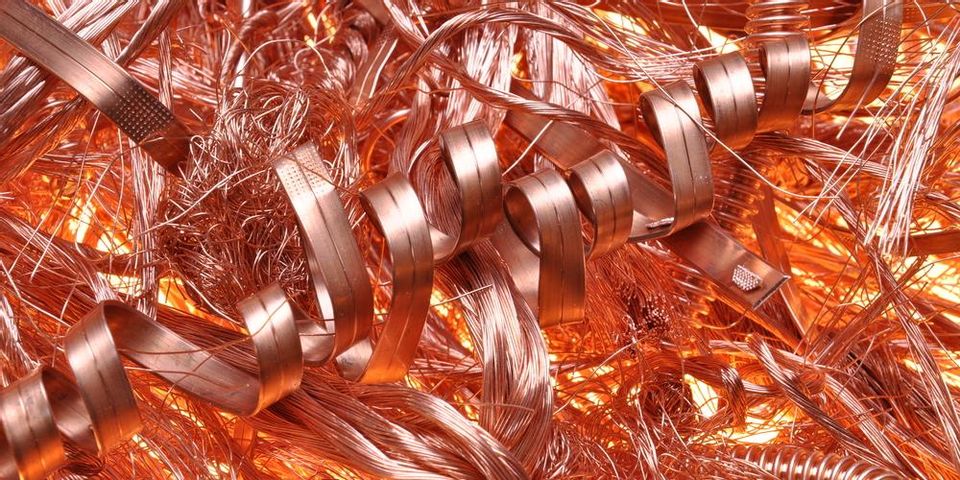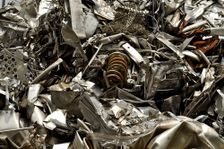The Difference Between Ferrous or Non-Ferrous Metals

If you’re planning to visit a metal recycling or scrap facility, you should know in advance which types will be accepted. Not all metals are the same, and many scrap yards and recycling centers are only equipped to handle one type. Here is a breakdown of the two main types of metals to help you stay informed about your recycling and scrap options.
A Guide to Ferrous vs. Non-Ferrous for Metal Recycling
What Is Ferrous Metal?
 To be considered ferrous, a metal must have iron in it. Other materials may also be present, but iron is often the primary metal. Ferrous metals include steel, carbon steel, alloy steel, and wrought iron. These materials are magnetic and tend to rust.
To be considered ferrous, a metal must have iron in it. Other materials may also be present, but iron is often the primary metal. Ferrous metals include steel, carbon steel, alloy steel, and wrought iron. These materials are magnetic and tend to rust.
Ferrous metals are often used in construction, such as erecting large buildings and massive bridges. Most hardware and tools are also made from some type of ferrous material, as are vehicles.
What Is Non-Ferrous Metal?
A non-ferrous metal is any other type that does not contain iron in its composition. Because they are more resistant to corrosion than ferrous metals, they are widely used in a variety of applications. Non-ferrous metals are also lightweight and malleable.
Some common types of non-ferrous metals include zinc, lead, brass, nickel, copper, aluminum, and aluminum alloys. Since non-ferrous metals are more valuable and in higher demand, certain recycling plants only accommodate this type. If you’re unsure about whether your metal can be recycled at a non-ferrous facility, use the magnet test: If the object is not magnetic, it is likely not a ferrous metal.
If you’re looking for a place to bring your scrap metals in Honolulu, HI, look no further than Okuda Metal, Oahu’s trusted metal recycling facility for over 65 years. Learn more on their website or call (808) 845-6856 to speak with a team member at the center.
About the Business
Have a question? Ask the experts!
Send your question

